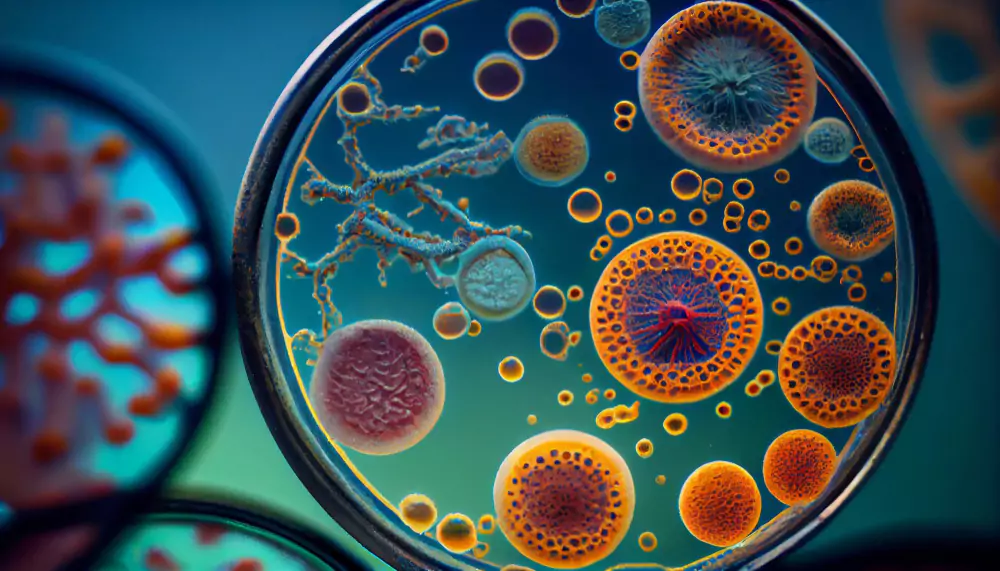Molecular Biology

Molecular biology is a branch of science that focuses on understanding the structure, function, and interactions of the molecular components that form the foundation of life. It primarily studies DNA, RNA, and protein synthesis, exploring how genetic information is stored, transmitted, and expressed within cells. This field plays a crucial role in uncovering the mechanisms that regulate cellular functions, from gene expression to protein interactions.
As the youngest of the biosciences, molecular biology has rapidly advanced, becoming closely linked with biochemistry, genetics, and cell biology. Biochemistry helps explain the chemical properties of biomolecules, while genetics provides insights into heredity and gene
function. Cell biology connects these disciplines by examining how molecules interact within the cellular environment. Together, these fields enhance our understanding of biological processes at the molecular level.
Molecular biology has revolutionized medicine, biotechnology, and genetics, leading to advancements such as gene therapy, genetic engineering, and the development of targeted treatments for diseases. Techniques like PCR (Polymerase Chain Reaction), CRISPR gene editing, and next-generation sequencing have transformed research and diagnostics. As technology continues to evolve, molecular biology remains at the forefront of scientific discovery, shaping the future of healthcare, agriculture, and biotechnology.
